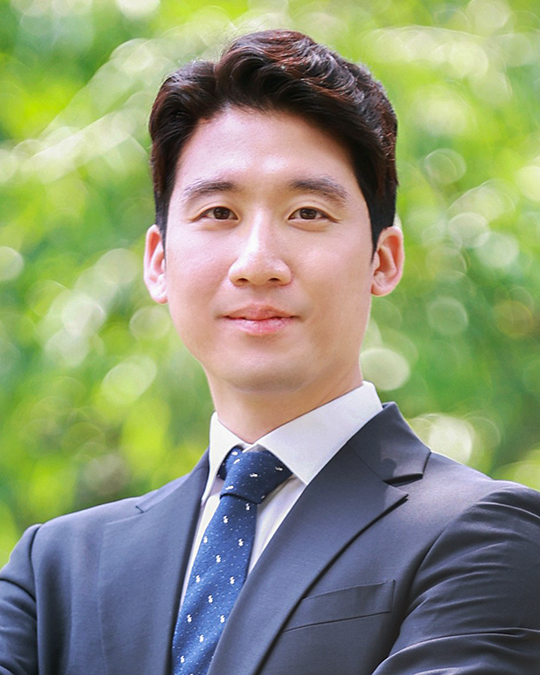Postdoctoral Scholars at the Sustainability Institute
As a Postdoctoral Fellow, you will join Rice Sustainability Institute’s dynamic research community, where you will have the opportunity to pursue independent research initiatives addressing critical sustainability challenges. This role will require you to present research findings through publications and presentations, participate actively in interdisciplinary collaborations, and mentor junior researchers. We also look forward to your participation in Sustainability Institute events and workshops.
Postdoctoral Scholars within the Rice Sustainability Institute will be invited to participate in a range of professional development opportunities at Rice University directed specifically towards postdocs, including workshops on preparing applications for faculty positions, training in science communications, training in pedagogy, and more.

Youngkun Chung
Advisor: Michael S. Wong (Chemical and Biomolecular Engineering)
Sustainable Energy-Efficient Solutions to Detoxify PFAS "Forever Chemicals" and Improve Environmental Justice
The overall aim of this project is to develop a sustainable solution for the destruction of per- and polyfluoroalkyl substances (PFAS)-contaminated saline waters using a boron nitride (BN)-based photocatalysis system. To further advance equity in sustainability, this project will also incorporate a community engagement approach aimed at educating underserved communities along the Gulf Coast about the PFAS problem and solutions.

Camille Desisto
Advisors: Amy Dunham (Biosciences), César Uribe (Electrical and Computer Engineering)
Interactions to Impacts: Investigating the Functional Outcomes of Ecological Networks Across Scales
My research investigates how species interactions drive ecosystem function across local, national, and global scales. By combining network science, remote sensing, and field-based collaboration, I develop and apply quantitative methods to assess the consequences of environmental change.

Ziang Xu
Advisors: Haotian Wang (Chemical and Biomolecular Engineering)
Enhancing Selectivity and Energy Efficiency in Industrial-Scale CO₂ Reduction and Hydrocarbon Production via Renewable Energy
Global CO₂ emissions have risen sharply over the past century, driving pronounced global warming and intensifying the urgency of mitigation strategies; as a result, the sustainable electrochemical capture and conversion of CO₂ into value-added hydrocarbons has emerged as a compelling approach. We leverage molecular engineering and precise control of the catalytic microenvironment—guided by fundamental electrochemical and thermodynamic principles—to significantly improve the selectivity, energy efficiency, and operational stability of CO₂ conversion technologies, aiming to accelerate their translation toward industrial deployment.
